【新唐人2012年1月12日訊】韓國作為第一個推行「網路實名制」的國家,最近卻打算廢除這個制度。分析人士認為:任何國家或組織妄圖以所謂「實名制」來禁錮公民言論自由,必然遭到民眾抵制而走向失敗。
2010年4月,首爾大學教授禹志淑對韓國實名制發表論文指出,網站的參與人數和發帖數減少了2/3,而因為惡意誹謗、謾罵造成的刪帖比率卻增加了12%左右。
研究表示,韓國推行網絡實名制4年多,不但沒有減少網絡謠言和網絡暴力,還經常被抨擊是「鉗制言論自由」。
2010年1月,韓國民間團體提出訴求說,這個制度侵害互聯網用戶言論自由及隱私權;其間也有其他人權機構和NGO組織以言論自由為由,反對網絡實名制。
韓國網民更是認為,韓國推出這項政策是執政黨為了控制網上輿論。
「六四天網」創辦人黃琦: 「任何非專業性公共網站進行所謂實名制努力都是自取其辱。匿名發佈言論與信息的權力是天賦人權,任何國家或組織妄圖以所謂實名制來禁錮公民言論自由,其舉措必然遭到民眾堅決抵制而最終走向失敗。」
去年7月,韓國SK通訊旗下Nate和社交網站「賽我網」遭到黑客攻擊,約3500萬用戶資料外洩;11月下旬韓國的一家遊戲公司中招,1320萬遊戲玩家信息被洩露。
韓國為安全考慮,決定廢除網絡實名制。
而2011年年末,北京市頒布「微博客發展管理若干規定」,開始執行「網絡實名制」,幾天後,國內程序員社區CSDN(微博)的安全系統遭到黑客攻擊,CSDN數據庫中的600萬用戶的登錄名及密碼遭到洩漏。之後,各大知名網站連連中招,廣東公安廳也爆網站被駭客攻擊,造成400萬人資料外洩。短短9天超過一億網民受害。
網傳因駭客不滿當局推行「網站實名登記制」,令個人資料外洩風險大增,才大舉攻陷多個網站向當局示威。
北京市推行的網站實名制聲稱,為杜絕微博出現一些傳播謠言和虛假信息等問題突出。
「權利運動博客」負責人胡軍表示,中共施行實名制的真正目地是恐嚇百姓,不讓人說真話,好維持它的謊言政權。
「權利運動博客」負責人胡軍:現在網絡發展迅速,而且現在敢於發出聲音的人也越來越多了,中國老百姓已經從這種陰影裏走出來了,以前我們很少看到走上街頭的人,現在我們每天都聽到走上街頭,要求主張自己權力的人。它現在實行實名制後作用不會太大的,因為這個體制已經行將末路了,它這有點螳臂擋車吧。
「六四天網」發言人蒲飛認為,網絡實名制將會以鬧劇收場。
「六四天網」發言人蒲飛:「 大家可以靜觀其變,我相信在半年或一年時間內,它這個網站實名制和手機實名制一樣,會成為-個被大家嘲笑的鬧劇。」
《南都週刊》指出,作為第一個推行網絡實名制的國家----韓國,同時也是第一個宣佈要廢除這項政策的國家,韓國為其他試圖推行網絡實名制的國家提供了一個有力借鑒。而正如《紐約時報》所說,「實名制是一個噁心的政策」,只消「威脅隱私」這一個理由就足夠了。
新唐人記者李韻、孫寧採訪報導。
S. Korea to Abandon "Real-Name" Internet Policy
South Korea was the first country to launch
the "online real-name registration system."
However, now there are plans to abandon this system.
Analysts believe, any country or group intending to suppress
the freedom of speech by using ID-verification system, will meet public resistance and fail.
In April 2010, Prof. Yu Zhishu of Seoul University published
an article about South Korea’s ID-verification system.
He said, website participants and posts reduced by 2/3 since,
and many posts were deleted for defamation, with online libel increasing by 12%.
The online real-name registration system
was introduced 4 years ago.
It was not only unable to reduce the amount of "vile" posts,
but it was also criticized as "suppressing freedom of speech."
In January 2010, South Korea civil societies claimed,
that the system is harmful to users’ free speech and privacy.
There are other human rights organizations and NGOs
also against the real-name policy.
South Korea netizens believe that the government launched
this policy to control online discussions.
Huang Qi (64 Tianwang Human Rights Center founder):
"Any non-professional public websites using the real-name system are disgraceful.
Anonymity is a right, which allows to freely posting
views and other information.
Any nation or organization attempting to suppress public
freedom of speech by using the real-name system will be resisted by the public and fail."
Last July, South Korea’s social media sites Nate and CyWorld
were hacked, 35 million users’ personal data was stolen.
Late last November, South Korean game firm was attacked,
and 13.2 million game players’ private information was leaked.
Thus for security reasons, the South Korean government
now plans to scrap the real-name registration system.
However, at the end of 2011, Beijing revealed provisions
to Weibo (microblogs) users that they were “starting the online real-name registration system.”
A few days later, the Software Developer Network’s
security system was hacked.
Six million users’ private information, such as account names
and passwords, were leaked.
Within 9 days, 100 million netizens were affected.
It is believed the hackers were against the real-name system,
and were forced to reveal their own personal information,
so they challenged the authorities by attacking the websites.
Beijing recently ordered the real-name system to take place,
claiming it is to prevent slander and "fake information."
Hu Jun, Director of the Human Rights Campaign in China,
said that the Chinese Communist Party’s (CCP) real aim is to instil fear in the public.
CCP believes this will prevent people from speaking the truth,
so it can maintain it’s political power of lies.
Hu Jun: "The internet develops rapidly, more and more people
dare speak out. Chinese people are stepping out of the shadow.
In the past, it was rare to see people protest on the streets,
now everyday we can see them protest for their human rights.
The real-name system hasn’t worked well
since it was introduced.
The CCP’s system is on a death row, thus its efforts
are like in the saying ’a mantis trying to stop a chariot.’"
Pu Fei, spokesman for the 64 Tianwang Human Rights Center,
said that the real-name system will fail in the end.
Pu Fei: "We can wait. I believe that in half a year to a year,
the online real-name policy will be the same as the cell phone’s real-name policy.
It will be laughed at by the public."
Southern Metropolis Weekly magazine pointed out that
South Korea, the first country imposing the online real-name registration system, is also the first to abandon it.
South Korea provides a convincing example for countries
attempting to use online ID-verification systems.
As the New York Times wrote, "Real name policies
are a lousy idea, and privacy threats are only one reason."
NTD reporters Li Yun and Sun Ning.
看下一集
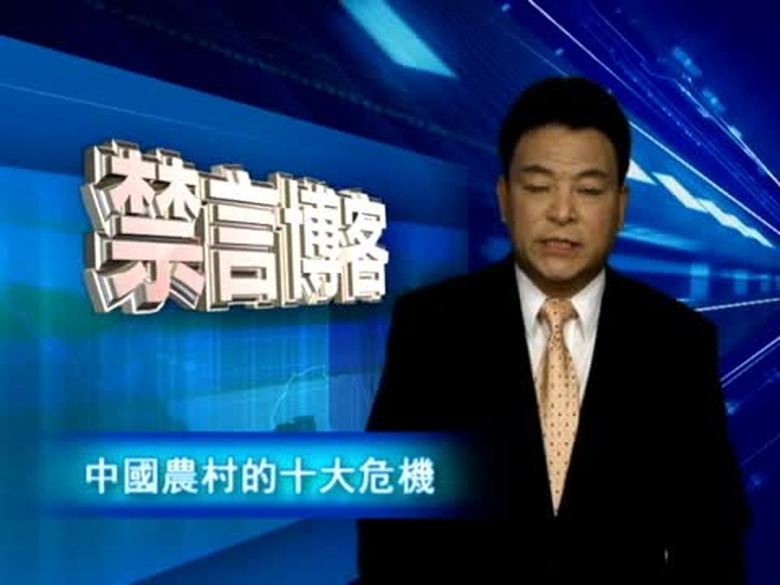
【禁言博客】中國農村的十大危機
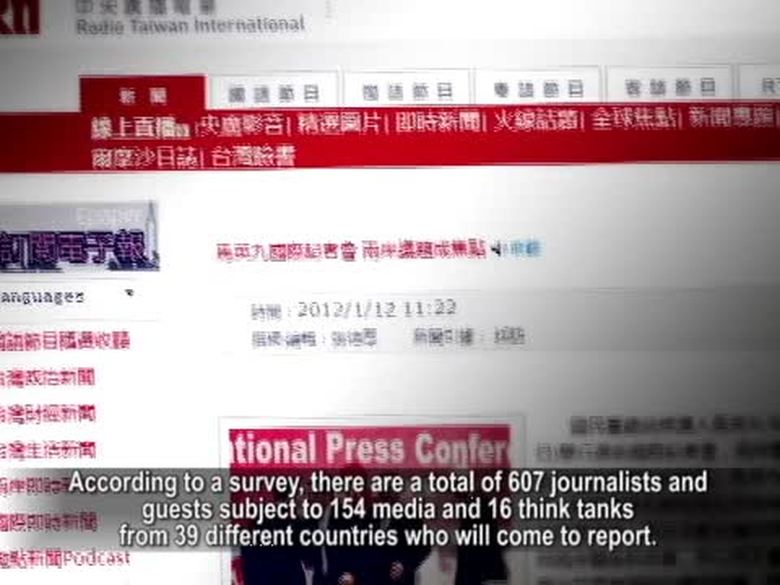
【禁聞】台灣大選倒計時 選民抉擇兩岸未來

【禁聞】瀋陽方圓大廈上「全球最醜」建築榜
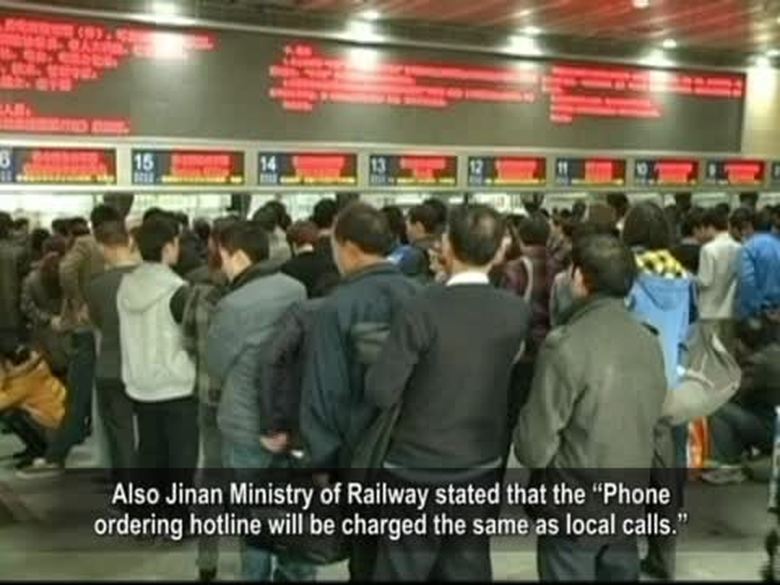
【禁聞】電話訂票收信息費 鐵道部被批搶錢

【禁聞論壇】人民幣匯率的背後
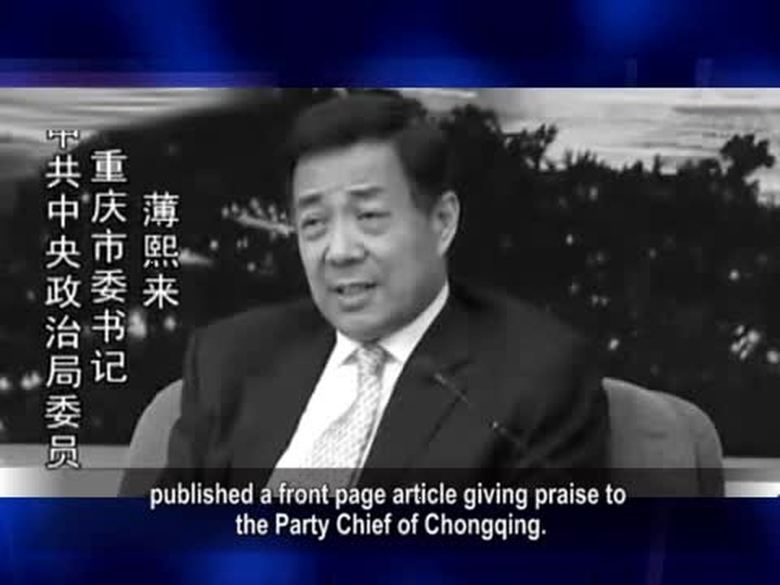
【禁聞】薄熙來受力領先 汪洋出招反擊
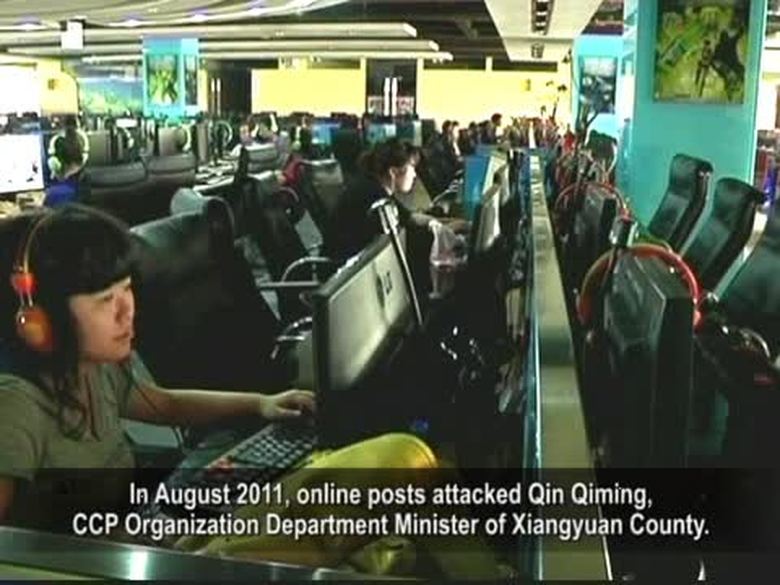
【禁聞】網警收費刪貼 判假造買賣軍官證﹖
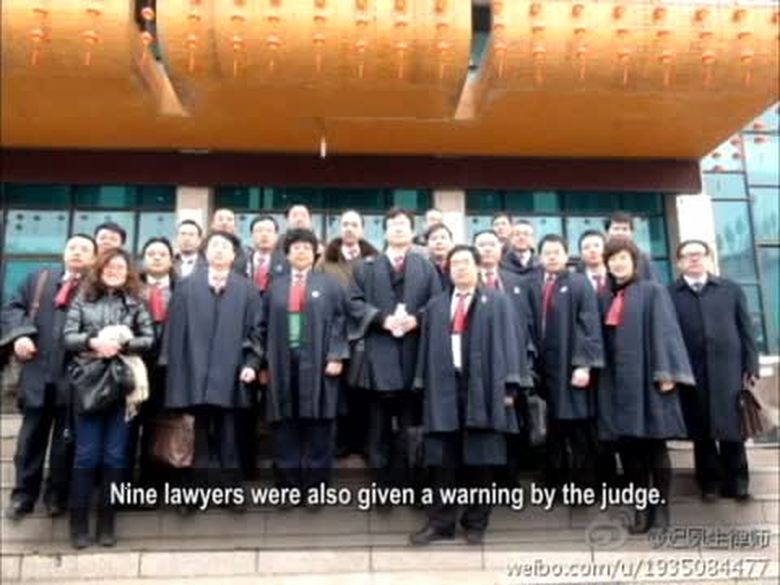
【禁聞】「黑審」黎慶洪案 法庭違法驅逐律師

【禁聞】美3航母聚波斯灣 北京拒制裁伊朗

【禁聞】天滅中共網在收:失民心者失天下
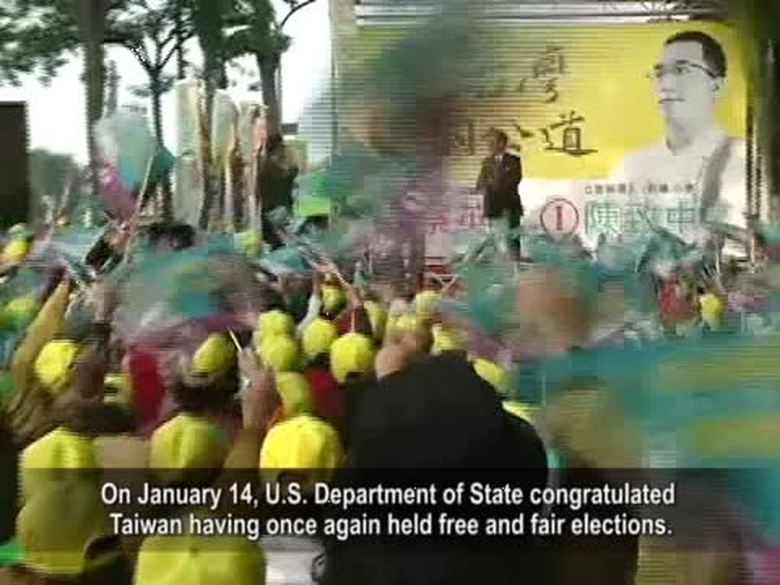
【禁聞】2012台灣大選 大陸民選有方向
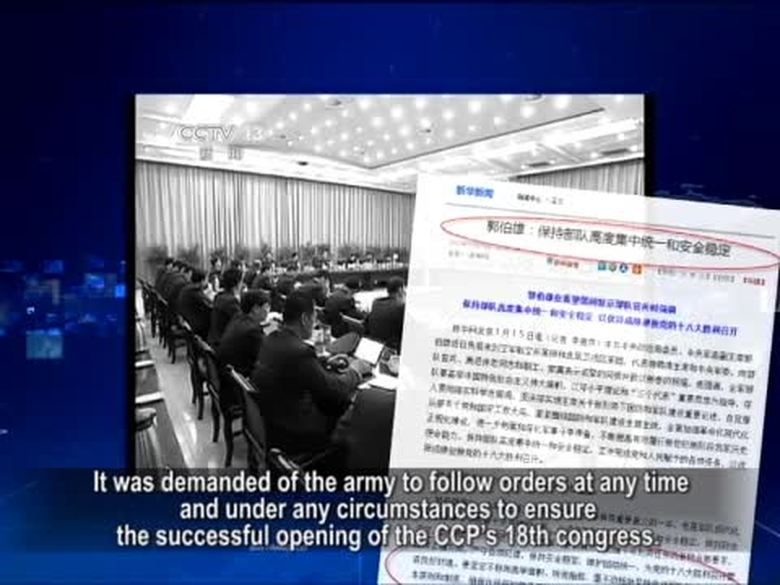
【禁聞】江系三軍頭转向 挺胡錦濤主導18大
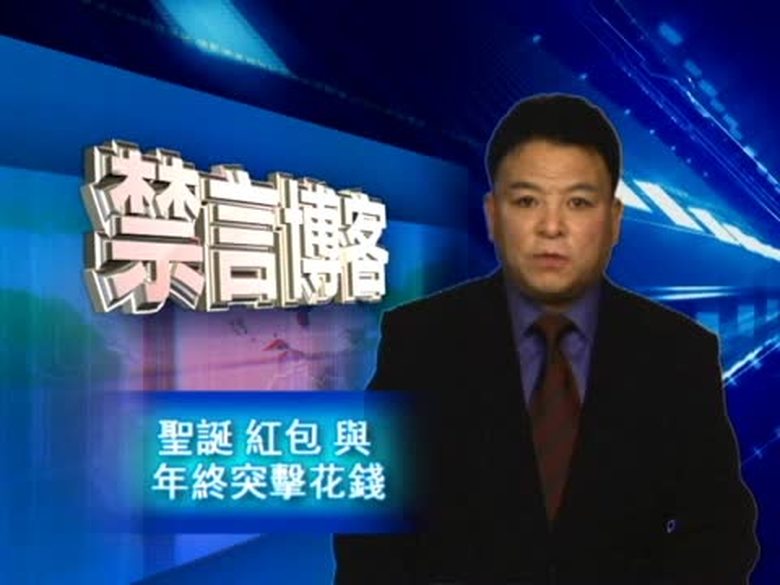
【禁言博客】聖誕 紅包 與 年終突擊花錢
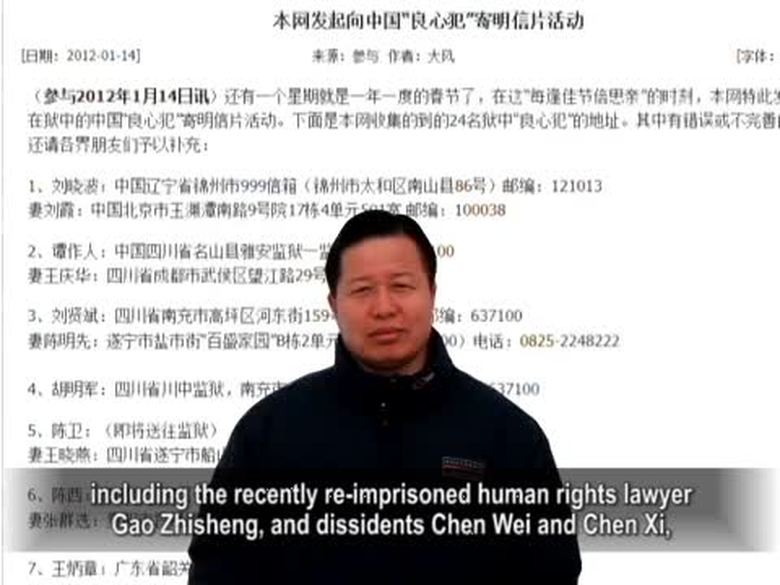
【禁聞】民眾郵寄明信片給中國良心犯

【禁聞】《2012微春晚》惡搞版 諷時政
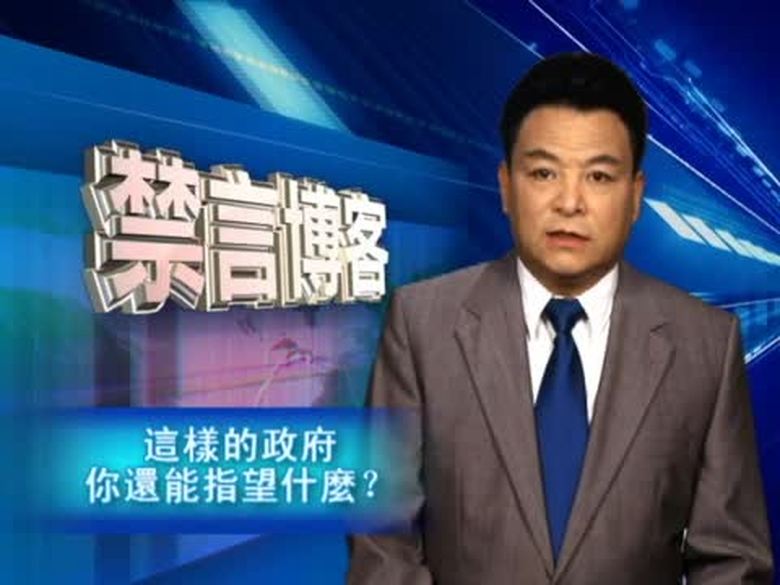
【禁言博客】這樣的政府,你還能指望甚麼?








